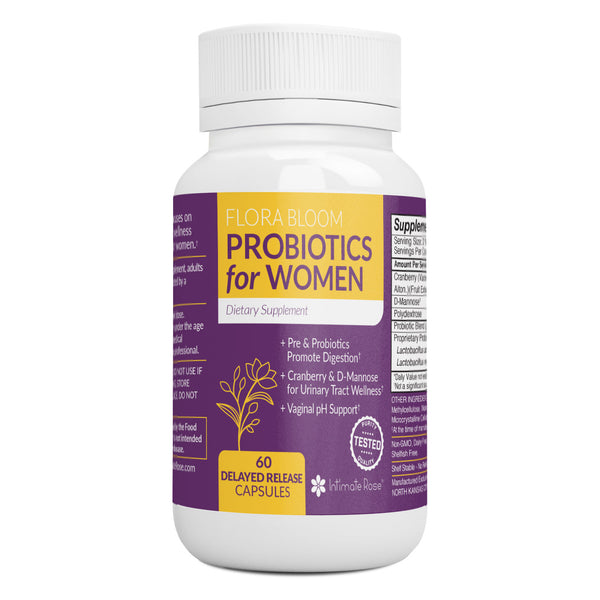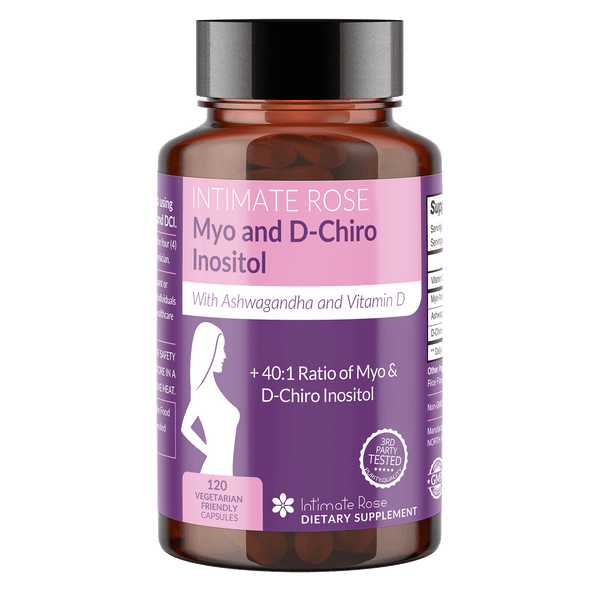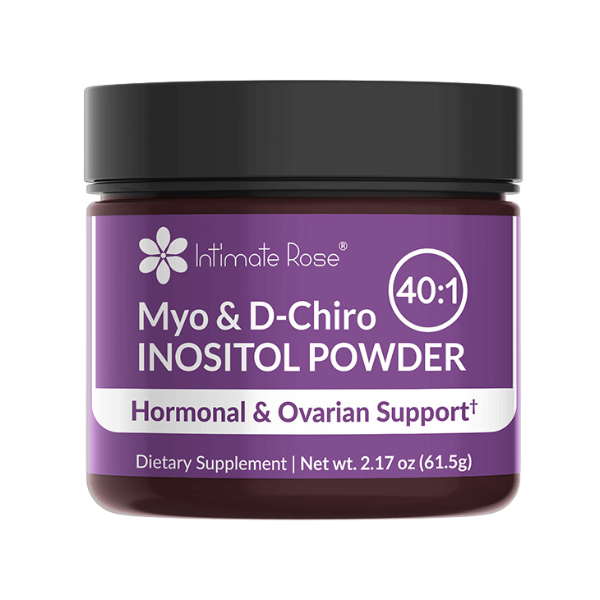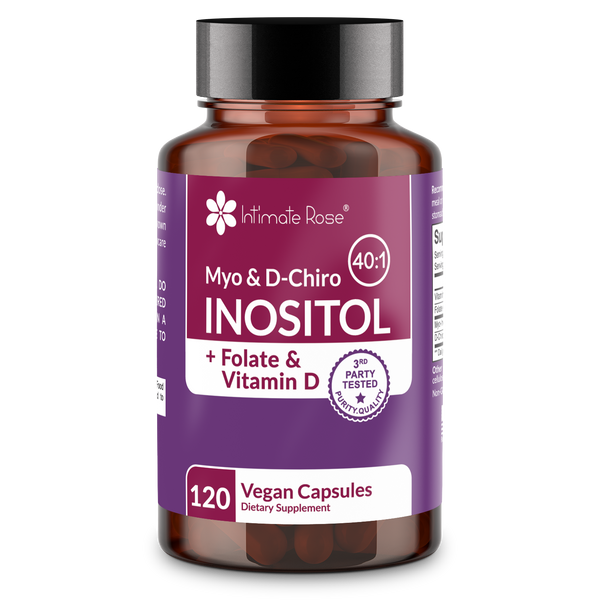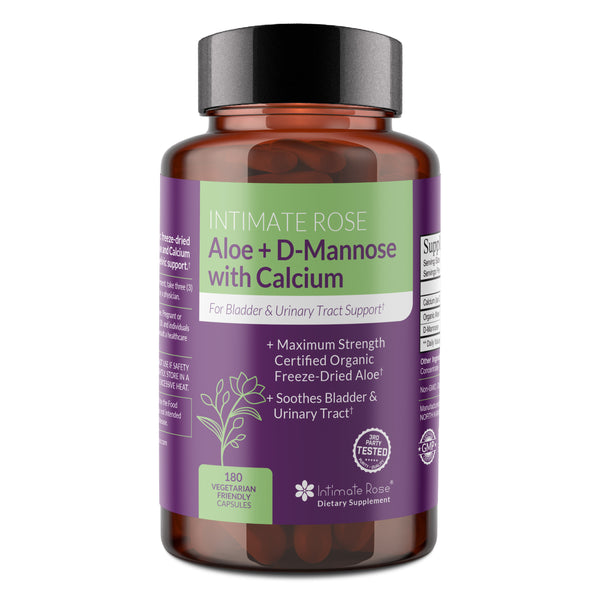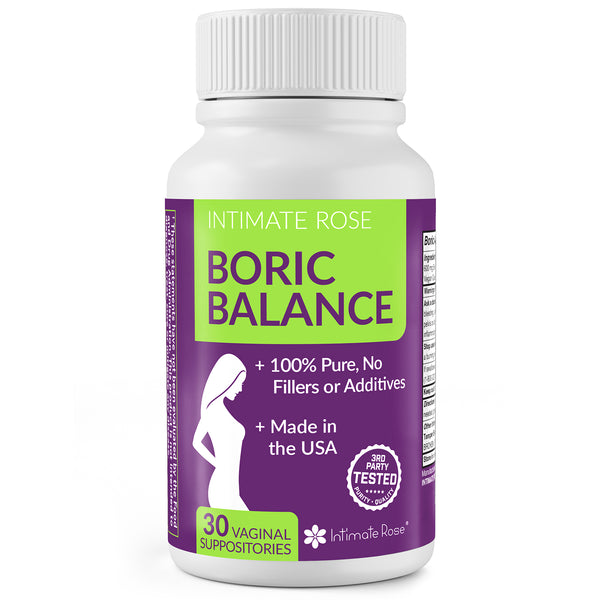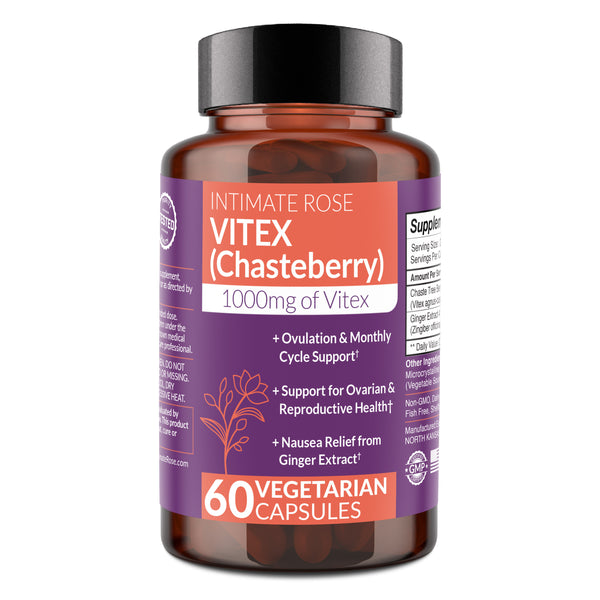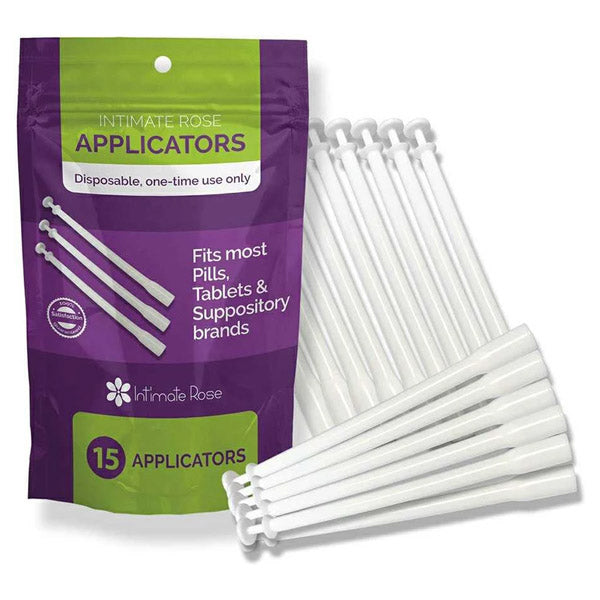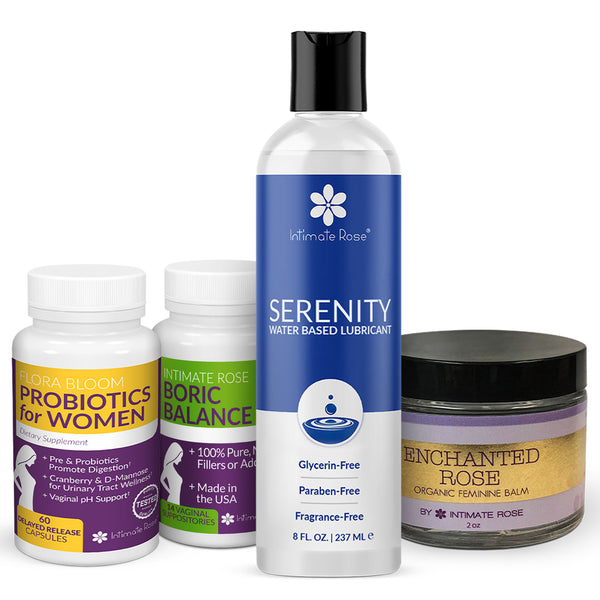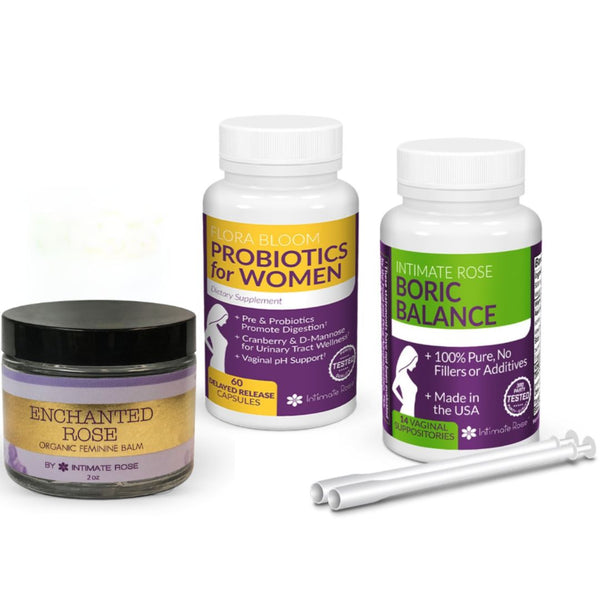Symptoms of pH Imbalance | Restore pH Balances Naturally | Conclusion
A balanced vaginal pH is essential for optimal vaginal health, as it helps prevent infections, discomfort, and unpleasant odors. The good news is that you can naturally balance your vaginal pH by focusing on practices such as consuming probiotics, staying hydrated, avoiding harsh soaps, and wearing breathable fabrics.
These simple, consistent habits can restore and maintain your vaginal pH, promoting overall comfort and wellness without the need for medical intervention.
What Does pH Mean?
The letters pH stand for potential hydrogen, meaning that the pH scale, which ranges from 0 to 14, centers around how many active hydrogen atoms are present in a substance. Put simply, the pH scale is a measurement of how acidic or alkaline something is.
For example, substances measuring less than 7 on the pH scale are considered acidic, and those measuring over 7 are considered alkaline. Pure water measures 7 on the pH scale, meaning it has neither acidic nor alkaline properties and is considered neutral.
Most women will experience a vaginal pH imbalance at least once in their life resulting in symptoms like an unpleasant vaginal odor, itching, or a burning sensation while urinating.
What is a Healthy Vaginal pH?
A healthy vagina is a mildly acidic environment, usually measuring between 3.8 and 4.5 on the pH scale. This acidic environment will sometimes change during the monthly cycle, but not by much.
Some activities or lifestyle choices can disrupt this pH balance, however, causing the vagina to become a more alkaline environment where bacteria can thrive.

Things Off Down There?

Things Off Down There?
How Does Vaginal pH Become Unbalanced?
In the same way that you have microflora known as “good” and “bad” bacteria in your gut to help you to digest your food, you also have “good” and “bad” bacteria in the vagina. These bacteria work together to maintain the vagina’s naturally acidic environment to prevent the growth of harmful bacteria from outside factors.
If the vagina’s environment becomes too alkaline then the natural vaginal pH is unbalanced. Some factors that can cause the vagina to become more alkaline include the following:
Unprotected Sex
Although most vaginas can combat the alkalinity of semen entering the vagina during sex, some women are more prone to vaginal pH imbalances than others, and semen can be a trigger that upsets the balance.
Menstruation
Even though blood is alkaline and can affect the naturally acidic environment of the vagina during menstruation, the female body is usually able to cope with this minor imbalance.
Sometimes, however, the vaginal pH balance can be upset by certain tampon brands that use chemicals, especially bleaching chemicals that give tampons their white appearance.
Douching
Washing the inside of the vagina with commercially developed liquids or soaps is known as douching, but it is not necessary and can do more harm than good. The vagina is naturally designed to clean itself and douching only results in getting rid of the “good” bacteria that keep the vaginal pH balanced.
Antibiotics
While antibiotics can kill the bacteria that make you feel unwell, they can also destroy the good bacteria that help you stay healthy. It is due to this reason that women sometimes experience a yeast infection after a course of antibiotics.
Tight or Damp Clothing
Leaving your damp gym leggings on after a workout, or wearing pants or jeans that are too tight around the intimate areas can create a damp and humid environment where bacteria can thrive.
Infections
While infections like Bacterial Vaginosis (BV) and Yeast Infections are caused by a vaginal pH imbalance, other infections, such as urinary tract infections may be caused elsewhere, but still upset the vaginal pH balance.
Symptoms of a Vaginal pH Imbalance
The symptoms of a vaginal pH imbalance will let you know quite clearly that something is off. The most common symptoms of a vaginal pH imbalance are:
- Itching around the vulva.
- A burning sensation when urinating.
- A heavier, and perhaps lumpy vaginal discharge than usual. Also, the color of discharge usually changes from white or translucent to gray, green, or yellow.
- An unpleasant smell or fishy odor from vaginal discharge.
The Ultimate Vaginal Bundle

How to Restore Your Vaginal pH Balance Using Natural Remedies
While antibiotics are sometimes required to treat fully developed vaginal infections resulting from pH imbalances, these natural remedies can work when symptoms are slight. Alternatively, they will also help in conjunction with antibiotics to relieve the symptoms faster.
1. Vaginal Hygiene
Because the vagina is naturally designed to clean itself, douching is never a good thing for female health. Instead, wash the area with warm water and a clean washcloth to keep the vagina clean, and fresh, and the pH balance in check.
When it comes to female hygiene it's also a good idea to use organic tampons that are made without bleaching chemicals, or if you prefer panty liners, check that they are not made with any irritating chemicals. In addition, during menstruation, change tampons and panty liners regularly.
2. Use Boric Acid Supplements
Boric acid is an ancient natural remedy that has been used for centuries to maintain vaginal pH levels and treat female reproductive issues due to its antiseptic and antifungal properties.
Interestingly, boric acid is also a water-soluble white compound that consists of oxygen, hydrogen, and boron. And given that pH means “potential hydrogen”, it's no wonder that this natural product has been used for centuries to rebalance pH levels.
Boric Acid Supplements from female health experts, Intimate Rose, are easy to use, available to buy online and designed to work quickly to help soothe irritation and rebalance the vaginal microflora.
It is important to note that boric acid supplements should never be taken orally or used by pregnant women.
3. Make a Daily Probiotic Part of Your Routine
Just like a daily probiotic can help relieve indigestion, it can also greatly reduce the risk of vaginal pH imbalances. Largely made from the “good” bacteria known as lactobacilli, probiotics help to re-balance damaged microflora and prevent vaginal infections.
In fact, studies have shown that women prone to BV infections who started taking a daily probiotic experienced significantly fewer recurring infections within 60 days.
Flora Bloom Probiotics for Women from Intimate Rose, for example, are specifically designed with women’s vaginal health in mind.
4. Underwear Management
Similar to tight-fitting pants or damp clothing, the type of underwear you wear can also have an impact on your vaginal health. Breathable underwear made from cotton, especially organic cotton, is considered the best option for vaginal health.
Whereas synthetic, non-breathable materials are more inclined to create a humid and damp environment where bacteria can grow and thrive.
Furthermore, washing your underwear with hypoallergenic soap instead of chemical detergents will also help to reduce disruptions to the natural pH of the vagina.
5. Practice Safe Sex
As mentioned earlier, semen is alkaline and can easily upset the naturally acidic environment of the vagina during sex. There is no need to abstain from intercourse if you are prone to such imbalances, however.
Simply remember to use protection or make sure to urinate after sex to flush the semen from the vagina, and gently wash the area with warm water.
Bear in mind that in addition to preventing semen from altering the pH balance of the vagina, sexually transmitted infections can also be passed on during unprotected sex. To be safe with new partners, always use protection until you’ve both been tested.
6. Give Up Smoking
Studies have shown that smoking cigarettes significantly lowers the natural production of estrogen in the female body, and this lowered production of estrogen means fewer “good” bacteria in the microflora of the vagina. This type of pH imbalance is what ultimately leads to vaginal infections like BV.
If you smoke and suffer from pH imbalances, try to stop, or at least cut back on how many cigarettes you smoke. There are lots of aids for quitting smoking on the market these days.
7. Reduce Stress Levels
High levels of stress were linked to pH imbalances in a 2018 study, showing that when the body is stressed it produces high levels of adrenaline and cortisone. This fight or flight response to stress also results in the immune system slowing down, meaning the vagina is more susceptible to pH imbalances.
If you suspect that stress could be causing your vaginal pH imbalance, try some light daily exercise like a brisk walk to lower increase endorphins and lower your stress levels. Yoga has also been proven to reduce stress by releasing tension from the body, as has deep breathing exercises and meditation.
Conclusion
Vaginal pH imbalances can result in an overgrowth of harmful bacteria and lead to uncomfortable symptoms such as itching, unpleasant vaginal discharge, and foul odors. Thankfully, there are ways to restore the vaginal pH naturally, like probiotics and boric acid suppositories, as well as good vaginal hygiene, practicing safe sex, and lowered stress levels.
Should you experience any of the above-mentioned symptoms, try our natural remedies for vaginal pH imbalances. But if the symptoms persist, or become more severe, make an appointment with your doctor about antibiotic treatment.
FAQs
How do I get my pH balance back to normal naturally?
Incorporate probiotics into your diet, avoid douching, practice safe sex, and wear breathable cotton underwear to help restore natural pH levels.
What throws off a woman's pH balance?
Factors include unprotected sex, menstruation, douching, antibiotics, tight or damp clothing, and infections.
What are signs my pH balance is off?
Symptoms include itching, burning during urination, unusual discharge, and an unpleasant vaginal odor.
What can I soak in to help my pH balance?
Soaking in a warm bath with apple cider vinegar may help restore pH balance; however, consult a healthcare provider before trying this remedy.
How do you tell a girl her pH balance is off?
Approach the topic sensitively, expressing concern for her well-being, and suggest she consult a healthcare professional for advice.
How do you reset your body's pH balance?
Maintain a balanced diet rich in fruits and vegetables, stay hydrated, and consider probiotics to support overall pH balance.
What upsets a woman's pH balance?
Common disruptors include douching, unprotected sex, certain medications, and tight clothing.
What does BV smell like?
Bacterial vaginosis often causes a fishy vaginal odor.
Does cranberry juice help pH balance?
While cranberry juice is known for urinary tract health, there's limited evidence supporting its effect on vaginal pH balance.
Why does my boyfriend keep throwing my pH balance off?
Semen is alkaline and can disrupt the vaginal pH, potentially leading to imbalances.
How does a woman fix her pH balance?
Adopt healthy habits like proper hygiene, safe sex practices, a balanced diet, and avoiding irritants to maintain pH balance.
How much water to drink to flush out a yeast infection?
Staying hydrated supports overall health, but water alone won't cure a yeast infection; seek appropriate treatment.
How do you get rid of BV smell overnight?
While immediate remedies are limited, maintaining proper hygiene and consulting a healthcare provider for appropriate treatment is recommended.
What is the best vaginal probiotic?
Look for probiotics containing Lactobacillus strains, which support vaginal health; consult a healthcare provider for personalized recommendations.
What drink is good for pH balance?
Probiotic-rich drinks like kefir can support healthy pH levels.
What vitamins can help with pH balance?
Vitamins aren't directly linked to pH balance, but a balanced diet supports overall health.
Can BV go away on its own?
Bacterial vaginosis may resolve without treatment, but medical evaluation and appropriate therapy are recommended to prevent complications.
References
National Center for Biotechnology Information – Clinicians' use of Intravaginal Boric Acid Maintenance Therapy for Recurrent Vulvovaginal Candidiasis and Bacterial Vaginosis -https://www.ncbi.nlm.nih.gov/pmc/articles/PMC6878170/
Hindawi – Association between Semen Exposure and Incident Bacterial Vaginosis -
https://www.hindawi.com/journals/idog/2011/842652/
Epidemiology – Condom Use and its Association With Bacterial Vaginosis and Associated Vaginal Microflora - https://journals.lww.com/epidem/Fulltext/2007/11000/Condom_Use_and_its_Association_With_Bacterial.9.aspx
Plos Biology – Glycan Cross-Feeding Supports Mutualism between Fusobacterium and the Vaginal Microbiota - https://journals.plos.org/plosbiology/article?id=10.1371/journal.pbio.3000788
National Center for Biotechnology Information – Randomized Trial of Lactin-V to Prevent Recurrence of Bacterial Vaginosis - https://pubmed.ncbi.nlm.nih.gov/32402161/
National Center for Biotechnology Information – The Association of Psychosocial Stress and Bacterial Vaginosis in a Longitudinal Cohort -https://www.ncbi.nlm.nih.gov/pmc/articles/PMC2367104/

Things Off Down There?





